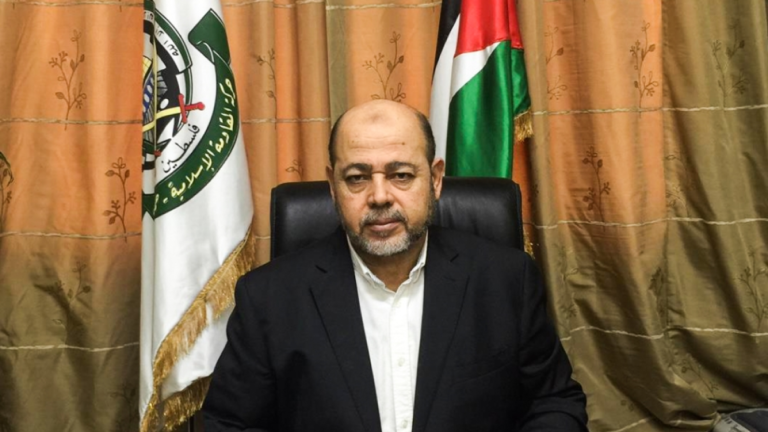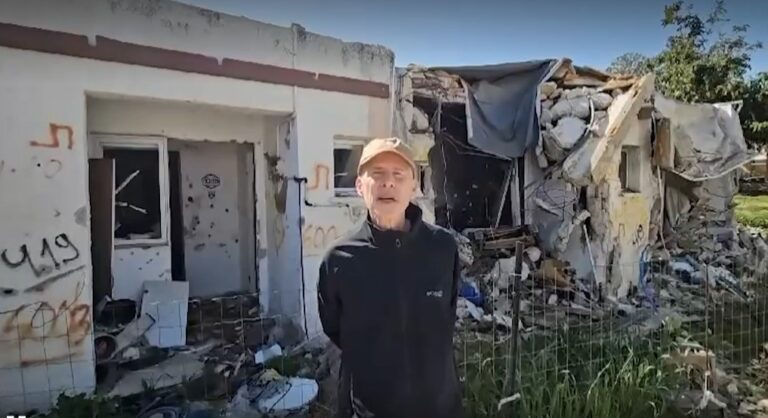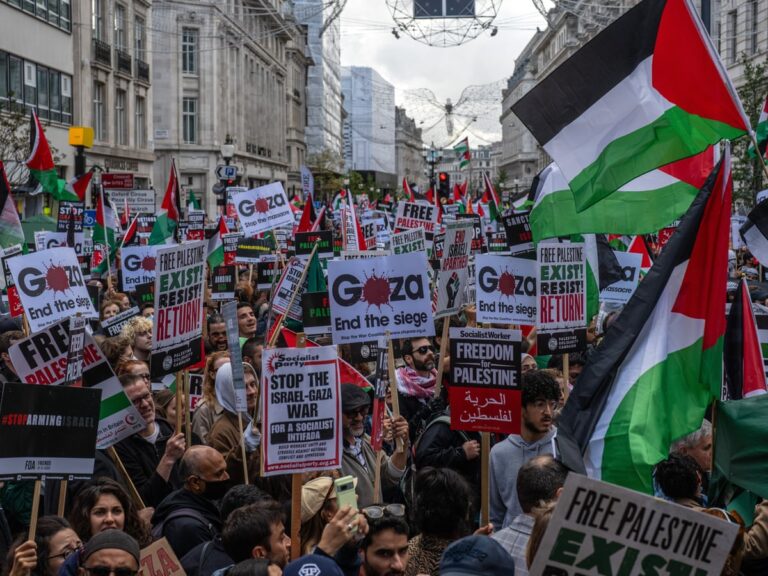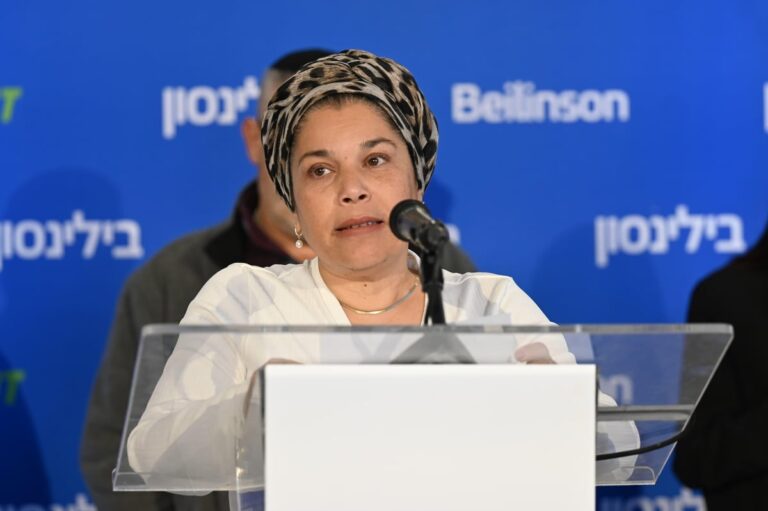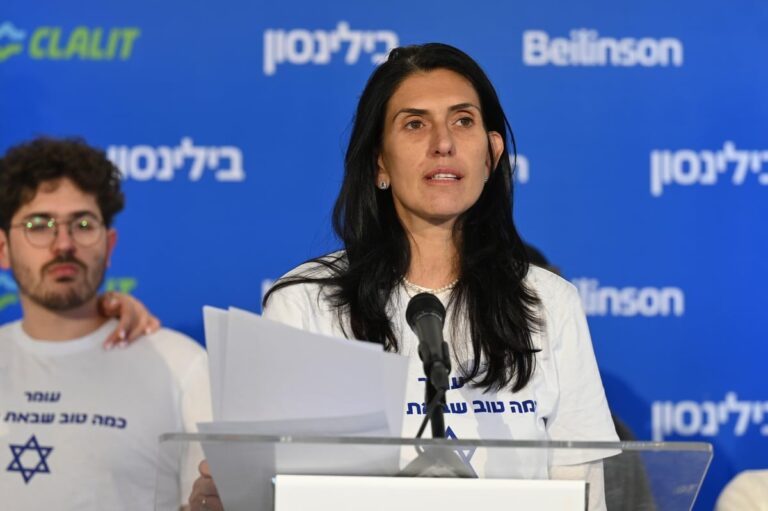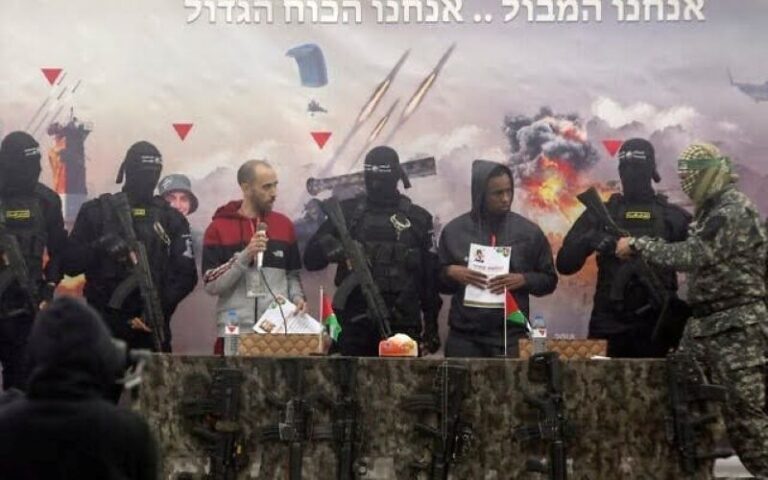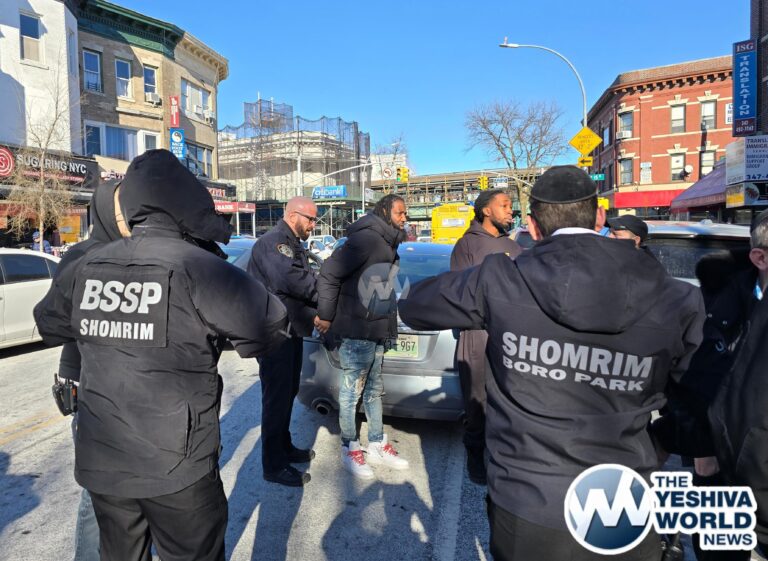(PHOTOS IN EXTENDED ARTICLE)
More than 70 years after World War II ended, 45 Holocaust survivors in Israel finally got a chance to celebrate their bar and bas mitzvah ceremonies for the first time yesterday, Monday morning 24 Cheshvan, at the Kosel.
The survivors reached bar or bas mitzvah age during the war or immediately afterwards, but because of their circumstances never got to participate in the ceremony marking a Jewish boy’s or girl’s entrance to adulthood. Alexander Buchnik, one of the participants in today’s event, said: “All my life, I felt that I missed it so much. I am so excited and happy.”
The Kosel Heritage Foundation, Israel’s Office for Social Equality, and the International Fellowship of Christians and Jews (IFCJ) sponsored the moving ceremony. Eighteen of the survivors also receive financial assistance throughout the year from IFCJ.
The survivors and their families joined Monday’s event, which included a tour of the tunnels under the Kosel. The men put on tefillin and read from the Torah, while the women participated in another ceremony at the Kosel Tunnels Hall. The group ended the celebration dinning together.
All now elderly, many of the survivors said they’ve long felt that because they’d never had a bar or bas mitzvah, something was missing from their Jewish identities. Aspir Ravicher was 11 when the war began. Her family fled from their homes in Ukraine to Russia. Throughout the war, they lived on the run, focused solely on the need to survive each day.
“We ran away with nothing but the clothes we had on us. We had nothing, we were hungry all the time, we lived in a crowded place – I remember that it was mostly cold and I was very hungry,” Ravicher recalled. A bas mitzvah “was not something we could have done.”
Hiding their Jewish identity to survive was necessary not only during the war but also during communist rule in the years that followed. Semyon Liebman was a young boy in St. Petersburg when the war broke out. Together with his sister and mother, throughout the war years they were forced to leave their homes and wander. After the war, the family returned to live in the St. Petersburg area.
“When we came back, it was forbidden to talk about Judaism or anything about the bar mitzvah, so we did not talk about it at all,” he said. “I feel like a little boy today! I’ve been eagerly anticipating this day throughout my life.”
Alexander Buchnik reached bar mitzvah age immediately upon the liberation of Moscow from the Nazis. When the war ended, the family returned to the city. “But we could not celebrate my bar mitzvah,” he said. His mother “was busy surviving and keeping us alive―we could not think about it at all.” In 1994, Buchnik immigrated to Israel with his family and said that he had long been waiting for the moment when he would celebrate his bar mitzvah. “I thought about it during the course of my life, and all my life I felt that I missed it so much.”
The Kosel Heritage Foundation said that the ceremony was among the high points of the Kosel’s history. “Light and darkness are mixed here, but hope is absolute, and there is concrete evidence of the eternity of the Jewish people,” the foundation said in a statement. “The event leaves its mark on the participants and symbolizes revenge against the Nazi enemy in the form of a return to the Jewish tradition and proof that it is never too late.”
IFCJ’s founder and president, Rabbi Yechiel Eckstein, said: “I find it difficult to think of anything more inspiring than elderly Holocaust survivors who receive a late bar and bas mitzvah celebration in the holiest place for the Jewish people, after surviving the terror of the Nazis and having their childhood stolen from them.
“These survivors are heroes,” Eckstein said of today’s group. “I am so grateful to be part of this momentous experience for them. We help these survivors throughout the year and I welcome the opportunity we have been given to be part of this exciting event.”




(YWN – Israel Desk, Jerusalem/Photo Credit: Noam Moskovich)


